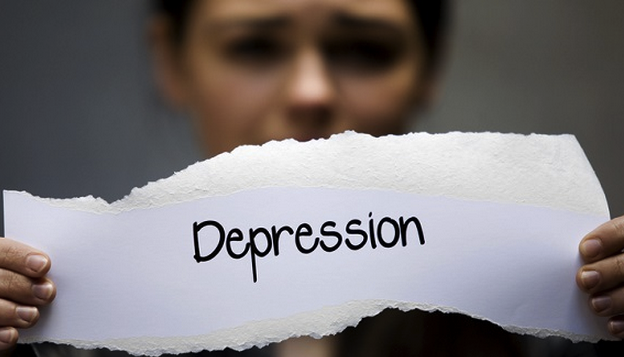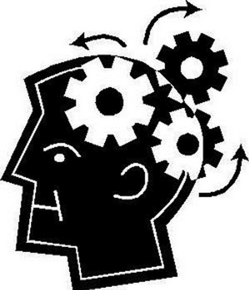Does Antidepressant therapy increase risk of Mania / Bipolar Disorder?

 According to a study on patients with unipolar depression, the risk of mania / bipolar disorder increases with antidepressant treatment.
According to a study on patients with unipolar depression, the risk of mania / bipolar disorder increases with antidepressant treatment.
This was a retrospective cohort study using an anonymised electronic health record case register.
Mental Health Studies | Data from 21,012 adults presenting to SLaM between 1 April 2006 and 31 March 2013 with unipolar depression, with prior antidepressant therapy (recorded in EHR).
Main outcome measure: Time to subsequent diagnosis of mania or bipolar disorder from date of diagnosis of unipolar depression, censored March 31, 2014.
Rashmi Patel, BM, BC., from King's College London, and colleagues examined the correlation between antidepressant therapy and later onset of mania/bipolar disorder in a retrospective cohort study.
The researchers found that the overall incidence rate of mania/bipolar disorder was 10.9/1,000 person-years. The peak incidence of mania/bipolar disorder was observed in patients aged 26 to 35 years (12.3 per 1,000 person-years).![]() There was a correlation between prior antidepressant treatment with increased incidence of mania/bipolar disorder, varying from 13.1 to 19.1 per 1,000 person-years. Significant correlations were seen for selective serotonin reuptake inhibitors and venlafaxine (hazard ratios, 1.34 and 1.35, respectively).
There was a correlation between prior antidepressant treatment with increased incidence of mania/bipolar disorder, varying from 13.1 to 19.1 per 1,000 person-years. Significant correlations were seen for selective serotonin reuptake inhibitors and venlafaxine (hazard ratios, 1.34 and 1.35, respectively).
- In people with unipolar depression, antidepressant treatment is associated with an increased risk of subsequent mania/bipolar disorder," the authors write.
- "These findings highlight the importance of considering risk factors for mania when treating people with depression."
It was also noted that several authors disclosed financial ties to the pharmaceutical industry. This article was published in BMJ.com


